Installers
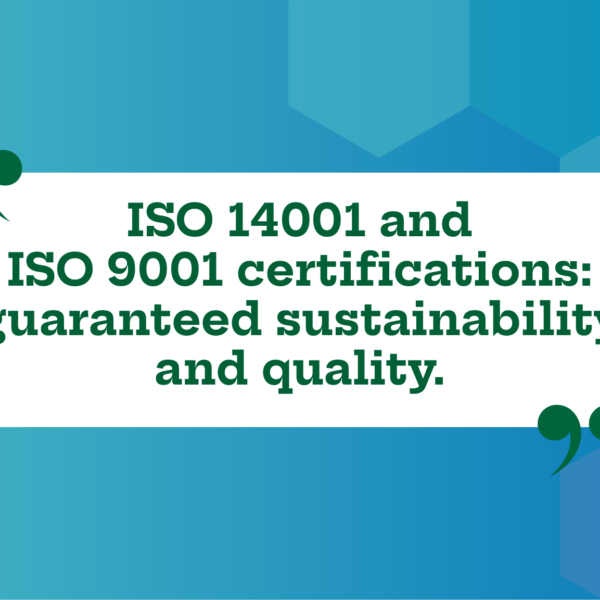
ISO certifications: guaranteed sustainability and quality
Environmental certifications demonstrate the Italian ceramic sanitaryware manufacturers’ commitment to sustainability.
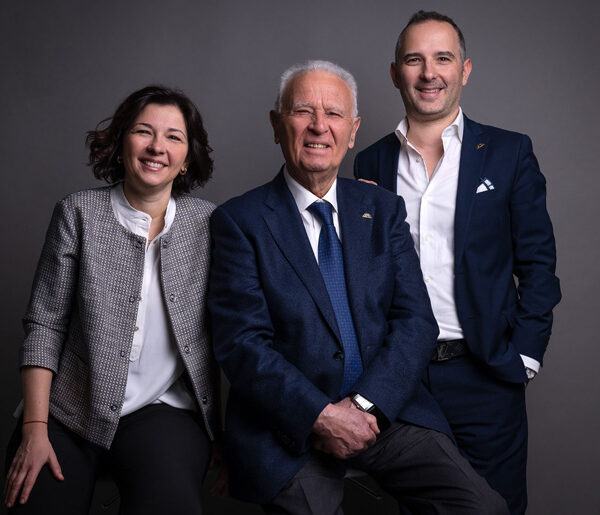
An 80-year history of success
The year 2023 marks the 80th anniversary of the foundation of FILA, an acronym for Fabbrica Italiana di Lucidi e Affini, active in the production of professional surface protection products in San Martino di Lupari (Pd). The company is now a leading international Group in its field.
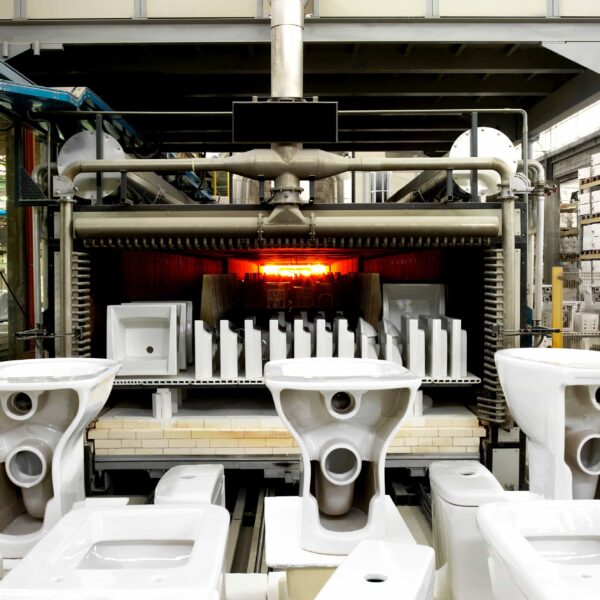
Heat recovery in ceramic sanitaryware production
Ceramic production processes require high temperatures and large quantities of energy. Italian sanitaryware producers adopt innovative solutions to optimise energy consumption and reduce their environmental impact. By recovering heat from kilns, they are able to cut CO2 emissions and reduce the use of fossil fuels.
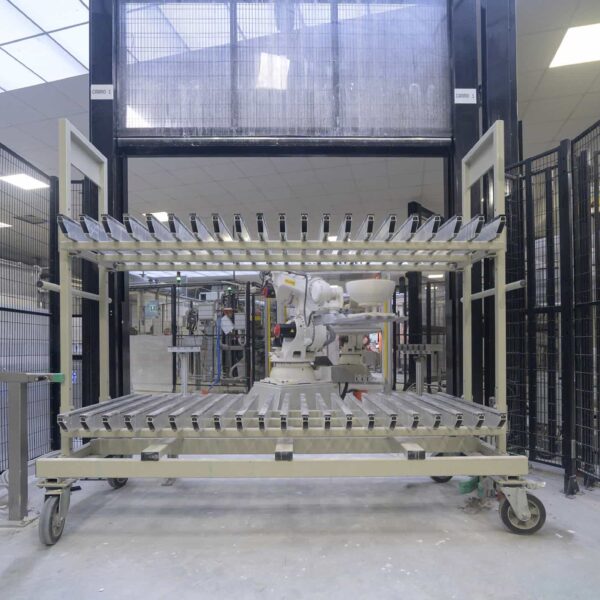
Support for the Civita Castellana local community
The ceramic companies based in the Civita Castellana cluster and elsewhere in Italy contribute to the economic and social prosperity of their local area by creating new jobs and undertaking initiatives to benefit the community. Over the years, these companies have set international standards for the sector and have contributed to the growth and development of the entire area thanks to their ability to combine tradition, sustainability and innovation.
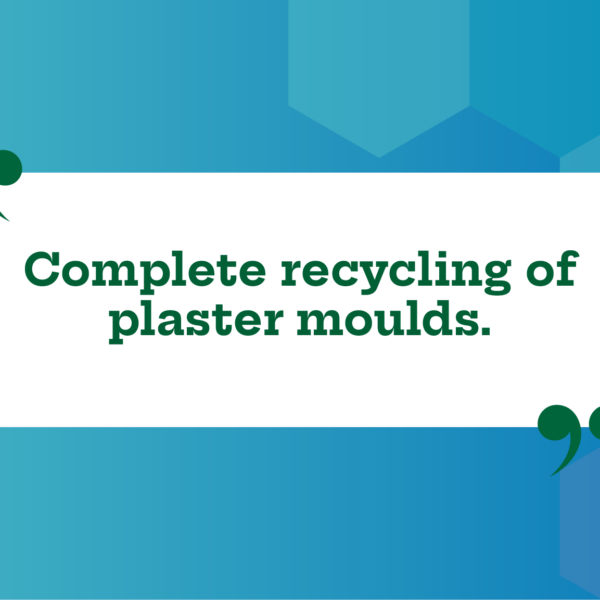
The complete recycling of plaster molds
The Italian ceramic sanitaryware industry combines innovative design with sustainable industrial processes, such as complete recycling of the plaster molds used to shape products.
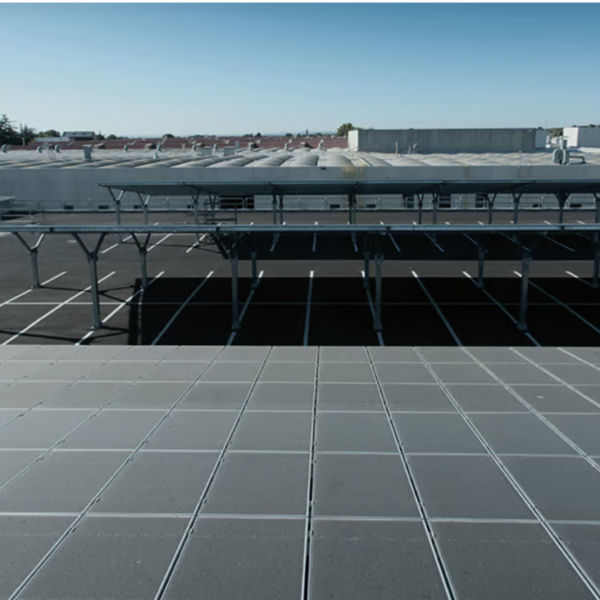
Clean energy generated by photovoltaic panels
The Italian ceramic sanitaryware industry’s attention to the environment is demonstrated by its use of photovoltaic panels to produce renewable energy.
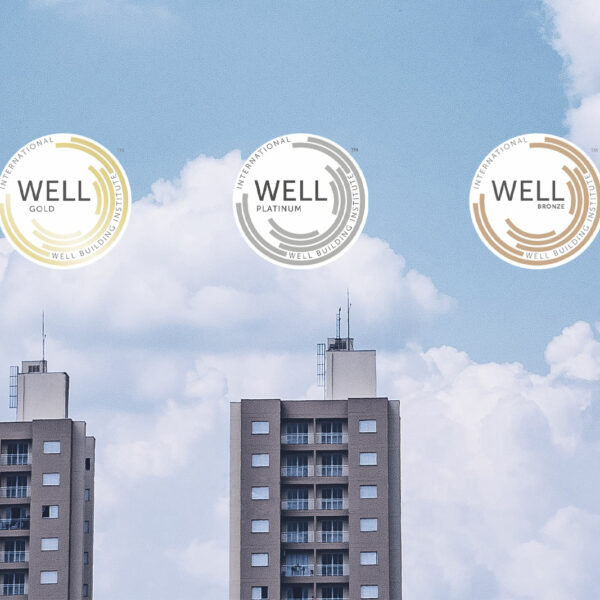
WELL certification: what it is and how it is used
What is WELL certification? WELL certification is a building comfort assessment system that focuses specifically on the health and well-being of the building’s occupants. Launched in 2014 by the International...

An ongoing commitment to reducing emissions
The Italian ceramic tile industry adopts innovative technologies and self-regulates to reduce emission levels and air pollution.
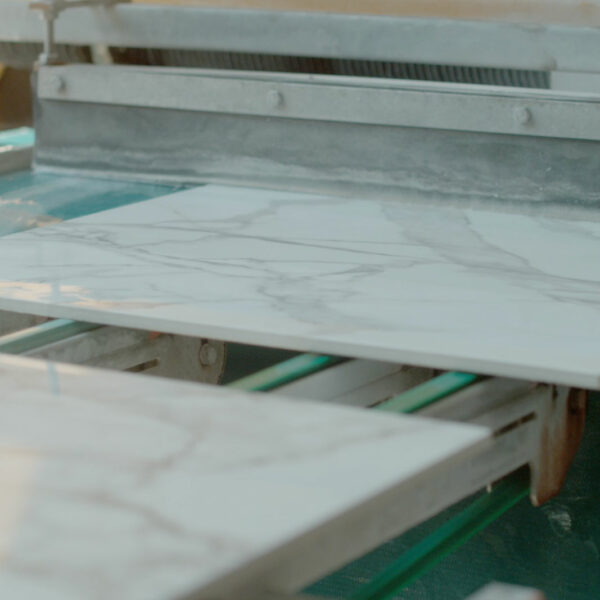
Ceramic tiles for mitigation of the heat island effect
The heat island effect contributes to global warming and has a significant impact on quality of life in metropolitan areas. So-called “cool materials” help reduce heat emissions by altering the solar reflectance and thermal emissivity of urban surfaces. Thanks to their intrinsic properties, ceramic surfaces fall naturally into this “cool materials” category.
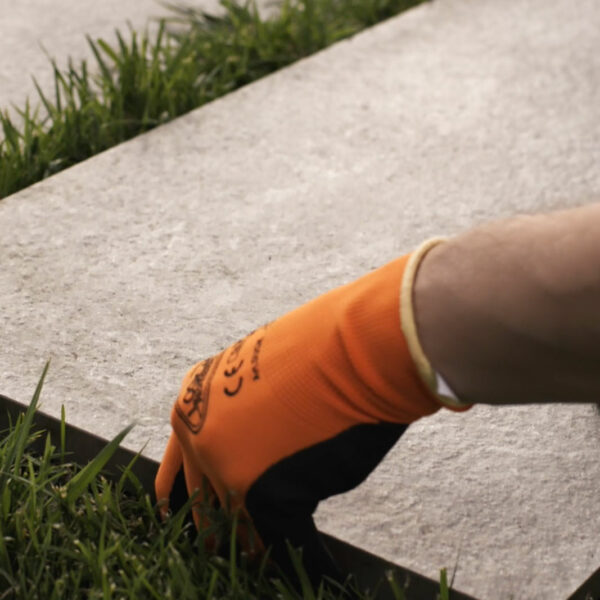
Advantages and sustainability of dry installation
Dry installation is a ceramic tile installation method used for laying modular elements without the need for screed, mortar or adhesives. It is used for interlocking indoor tiles and exterior pavers on grass, gravel or sand. The technique has gained in popularity in recent years and also brings benefits in terms of environmental sustainability.








